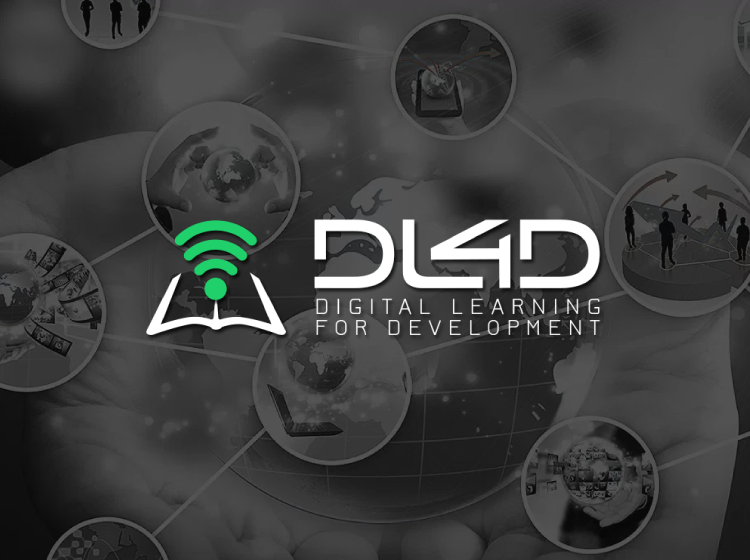Opening Date: 22 June 2016
Closing Date: 8 August 2016, 5:00 PM UTC/GMT+8 (Philippine time)
Digital Learning for Development (DL4D) and All Children Reading: A Grand Challenge for Development (ACR-GCD) invite institutions and individuals with the capability to do research to submit a full proposal to develop a Guidebook on Game Development for Early Literacy Learning in Developing Countries.
This Guidebook is intended as an evidence-based practical guide for designing, developing and deploying effective digital games for early literacy learning in developing countries. The Guidebook’s target audience is game developers, instructional designers, practitioners, researchers, education leaders, and international and national agencies involved in improving early-grade reading instruction. The Guidebook should describe the key principles that inform digital game development for developing country contexts in support of learning the five component skills of reading and practicing reading. The principles are expected to be at different levels: content, pedagogy, technology, and learning context. In addition, this Guidebook will feature at least 10 case studies of the use of digital games in existing early literacy learning projects. These case studies will 1) describe how digital games have been integrated into the overall early literacy intervention, 2) analyze the design of the digital games used, 3) examine how design and development processes have been managed, and 4) evaluate the effectiveness of the use of digital games in achieving their intended purpose.
Download the Call for Proposals and Forms for full details:
Guidebook Call for Proposals MS Word PDF
Appendix A: General Information Form MS Word PDF
Appendix B: Cost Proposal Form MS Excel
Send full proposal packets to [email protected] on or before 8 August 2016, 5:00 PM UTC/GMT+8 (Philippine time).


2 Responses
I greatly look forward to seeing the development of this valuable guidebook. While not at a point that I could take a lead I’d be glad to engage with the team that takes this forward.
I’ve been exploring the opportunities and possibilities of games as part of my role as a “Digital Engagement” consultant. I’d like to suggest that while the proposed analysis of Digital games proposed for the guidebook does well at looking at them from the view of the educator there is a key missing element if looked at from the perspective of the player…
“Digital games will be described, analyzed and evaluated in terms of:
– learning objectives and targeted component skills or sub-skills;
– language and language-related features;
– instructional design including appropriateness to the age group, possibilities of students’ independence to learn, cognitive development, gamification of learning tasks, level of learner control, conditions of collaboration, sophistication of scaffolding, and approaches to assessment;
– game design, mechanics and functionalities including level of complexity of gameplay, visual realism, clarity of rules, feedback and reward system, and adaptation of challenge levels;
– game development process and issues including socio-cultural considerations, media of delivery, and technical (hardware, software, connectivity) requirements; and
– cost analysis of development, deployment, and maintenance.”
…games also need to be described, analyzed and evaluated in terms of fun.
For motivated ‘students’ games make work more enjoyable and enhance several aspects of learning through appropriate game dynamics.
For motivated ‘players’ games can be made that make play more educational adding to existing benefits of challenge, social cohesion, skill building, and other reasons people choose to play.
Hello everybody,
i just see this announcement and i will be waiting for this book to be ready, i am interested in developing game for math learning evaluation. So y would like to take advantage on this book content.
Thank you in advance for your contribution to math learning and evaluation.
Irma de Jesús Miguel Garzón
Online Math courses designer